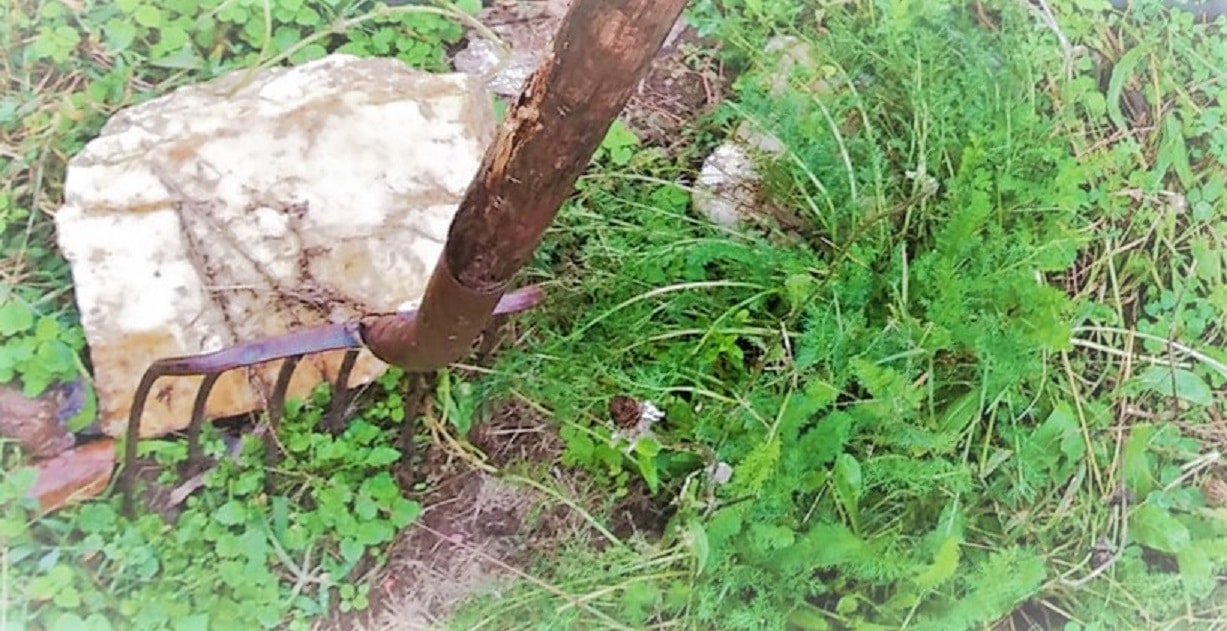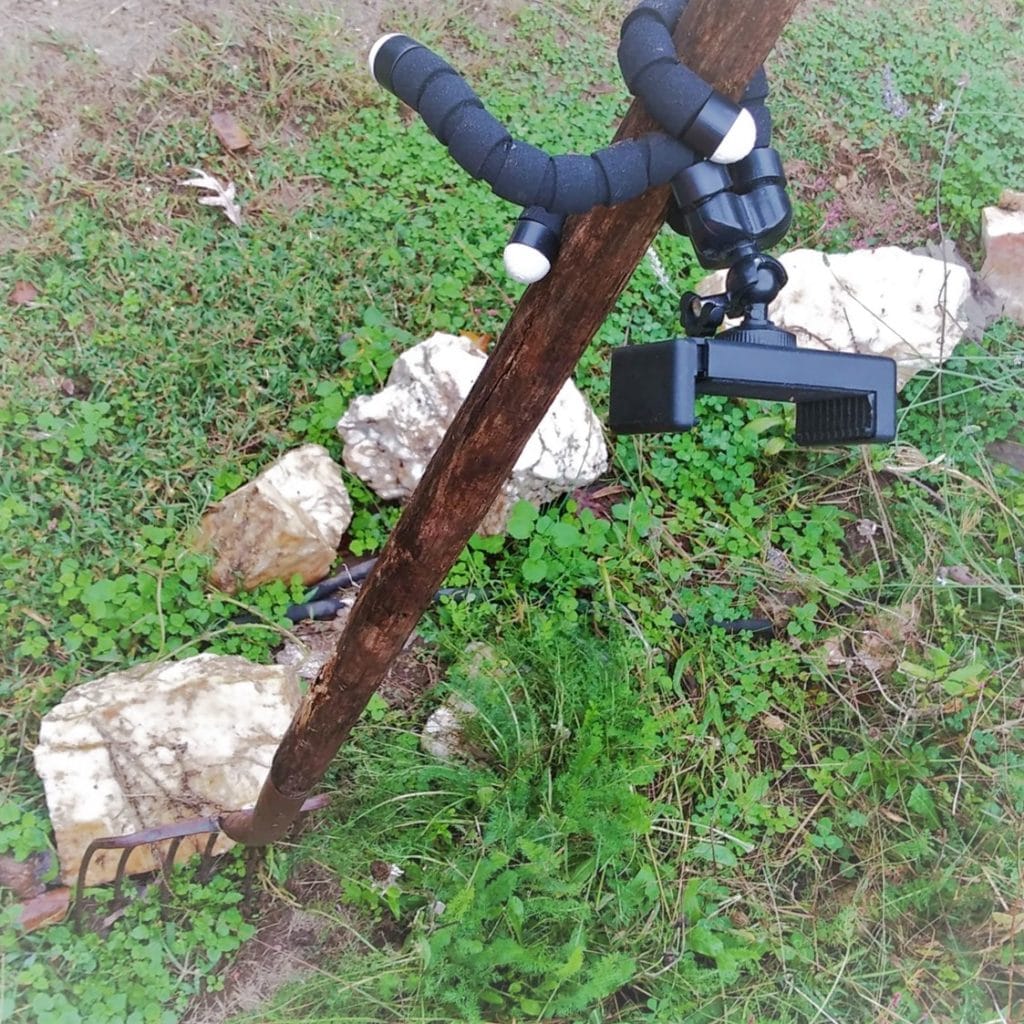
W.E. Butts, The Required Dance (1st Edition) (Buy this book)
Review by Deb Ewing
In our age of immediacy, it’s hard to fathom how and why the work of people still living will measure up to the poets of our classrooms–Yeats, Longfellow, Shakespeare’s Sonnets.
Joy Harjo is still America’s poet laureate; she shared a space with A.B. Spellman at the National Book Festival in 2016 when I showed up in my DC AS F*CK tee shirt asking him to sign Things I Must Have Known.
I share my birthday with Sylvia Plath and Dylan Thomas. Sylvia Plath’s now a bot on Twitter. Dylan Thomas needs to up his game.
Poets are historians. They preserve a less comfortable side of life, in case we remember it differently later on. This is what moved me to record myself reading works by W.E. Butts from his collection The Required Dance.
These poems read like an old photo album. Here are someone’s uncles (and nobody’s quite sure which one’s which.) We see their rumpled suits and off-kilter hats while they smile grudgingly for the photographer. Look at the background, though, where the women are shuffled off to the side making meatloaf sandwiches. The vehicles, the absence of traffic lights; this is an America that gave birth to the one we live in now.
Wally was, in his day, the Poet Laureate of New Hampshire. His piece What We Did Wrong, 1956 uses language which is not acceptable today in public format, but which is still spoken in workshops and parking lots. He gives us a clear window through which to view and ask ourselves: Are these people bigots? If not the poet, the poem?
I feel something less pointed, more like a a cold chill through a cracked window; something that, if it’s not stopped up, runs a risk of spreading viruses through the household. It’s uncomfortable. It’s important enough to preserve. Let our future generations look more closely at what was.

I dropped my phone on a pitchfork, which shattered the screen. To be fair, I’m not sure the phone actually hit the pitchfork, but it makes a better story that way. My flexible phone tripod was twisted around the weathered wooden handle, but that handle snapped as I tried to make an angle adjustment. I moved the tripod to a sturdier shovel and made this video for you.
My friend Gary Mark Bernstein says poetry is meaningless unless it interacts with the senses, mind and emotions of a human being, in which case it is the most important thing in the world.
Further reading:
The Required Dance by W.E. Butts is available through Igneus Press – click here to add it to your cart. Let it play with your emotions.
Sir Patrick Stewart whiled away the early days of his pandemic lockdown by reading us Shakespeare’s Sonnets. When we got really lucky, he’d retake or share musings.
debnation.com: debora Ewing is a writer, artist, oracle operating out of Annandale, Virginia, US. Read more of her musings and short fiction here, and catch spontaneous nonsense on Twitter or Instagram by following @DebsValidation.

You make a great, but tough, point about political correctness in poetry. Could you give an example of the ‘difficult’ language in one of the poems; language that is not allowed, but is “spoken in workshops and parking lots”?
I’ll start with the easy one: Negro. Social media blows up these days over what’s allowed to be said, and by whom, about people’s identities. In Wally’s time, how a person felt themselves wasn’t a topic of conversation – only how “everybody” saw them, default “everybody” being those not named in the poem, in other words white folks. He’s done a fantastic job of layering old-school perceptions: the old Jew with oily rags piled on his vehicle; the drunken Indian, and how “we made him dance…” And then, not to tell you how to read poetry, but just to bring the point around: think about that title again.
As always with poetry – ALWAYS – it’s important to listen for what’s not being said.
Thanks for the clarification. Wow…so how can we rationalize still loving this poetry? As a historical document?
There are many kinds of love. Maybe the one that applies here is the love of truth, love of a deeper perspective. I don’t know who else is watching Lovecraft Country the series, but in Episode One Tic says that books are like people; we love them even with their flaws. I think common ground is sought by understanding, and understanding is found by seeking common ground. It’s sometimes easier to fix what’s broken if you understand how it got that way. That’s my Texas talking 😉